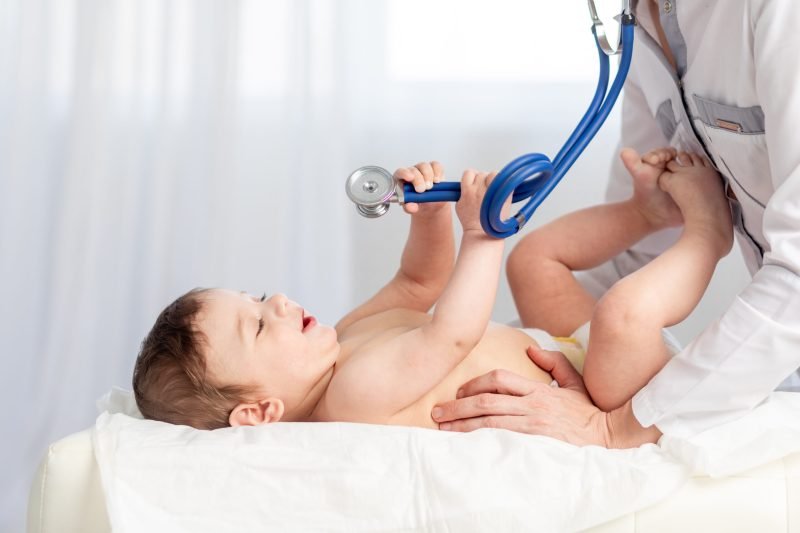The dental department, also known as the dental clinic or dental practice, is a specialized area within a healthcare institution or standalone facility dedicated to the diagnosis, treatment, and prevention of oral health issues. Here are some key aspects of the dental department:
- Dental Care Team: The dental department is staffed by a team of dental professionals, including dentists, dental hygienists, dental assistants, and administrative staff. Each member of the team plays a vital role in providing comprehensive dental care to patients.
- Preventive Services: The dental department emphasizes preventive dental care to maintain oral health and prevent dental problems. This includes routine dental exams, dental cleanings (prophylaxis), fluoride treatments, dental sealants, and oral hygiene education to promote healthy habits.
- Diagnostic Services: The dental department offers diagnostic services to assess oral health and identify dental issues. This may include dental X-rays (radiographs), intraoral cameras, digital imaging, and oral cancer screenings to detect abnormalities early.
- Restorative Dentistry: Restorative dental services are provided to repair damaged or decayed teeth and restore oral function and aesthetics. Common restorative procedures include dental fillings, crowns, bridges, dental implants, dentures, and root canal therapy.
- Cosmetic Dentistry: The dental department offers cosmetic dental services to improve the appearance of the teeth and smile. This may include teeth whitening (bleaching), porcelain veneers, dental bonding, enamel shaping, and orthodontic treatment (e.g., braces, clear aligners) to correct misaligned teeth or bite issues.
- Periodontal Care: The dental department provides periodontal care to prevent and treat gum disease (periodontal disease). This includes scaling and root planing (deep cleaning), periodontal maintenance, gum grafting, and other periodontal surgeries to restore gum health and prevent tooth loss.
- Oral Surgery: Oral surgery services are offered for the treatment of various oral and maxillofacial conditions. This may include tooth extractions (including wisdom teeth removal), dental implant placement, jaw surgery (orthognathic surgery), and treatment of oral pathology (e.g., cysts, tumors).
- Pediatric Dentistry: The dental department may include specialized pediatric dental services for infants, children, and adolescents. Pediatric dentists are trained to address the unique dental needs of young patients, provide preventive care, and manage pediatric dental emergencies.
- Emergency Dental Care: The dental department provides emergency dental care for patients experiencing dental emergencies such as severe tooth pain, dental trauma, abscesses, or broken teeth. Emergency appointments are available to address urgent dental issues and provide timely treatment.
- Patient Education and Counseling: The dental department offers patient education and counseling on oral hygiene practices, dental care techniques, dietary habits, and lifestyle factors that impact oral health. Patients receive personalized guidance to help them maintain optimal oral hygiene and prevent dental problems.
Overall, the dental department plays a crucial role in promoting oral health, preventing dental diseases, and restoring oral function and aesthetics through a range of dental services tailored to the individual needs of patients. By providing comprehensive care and education, the dental department helps patients achieve and maintain healthy smiles for life.
